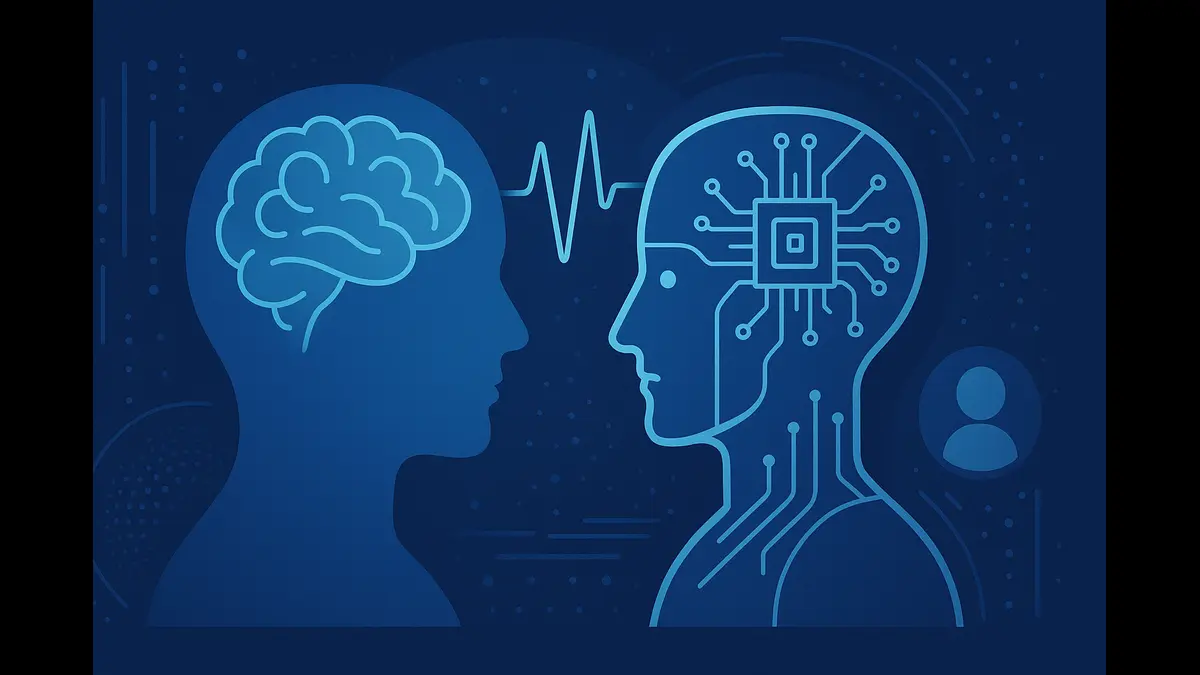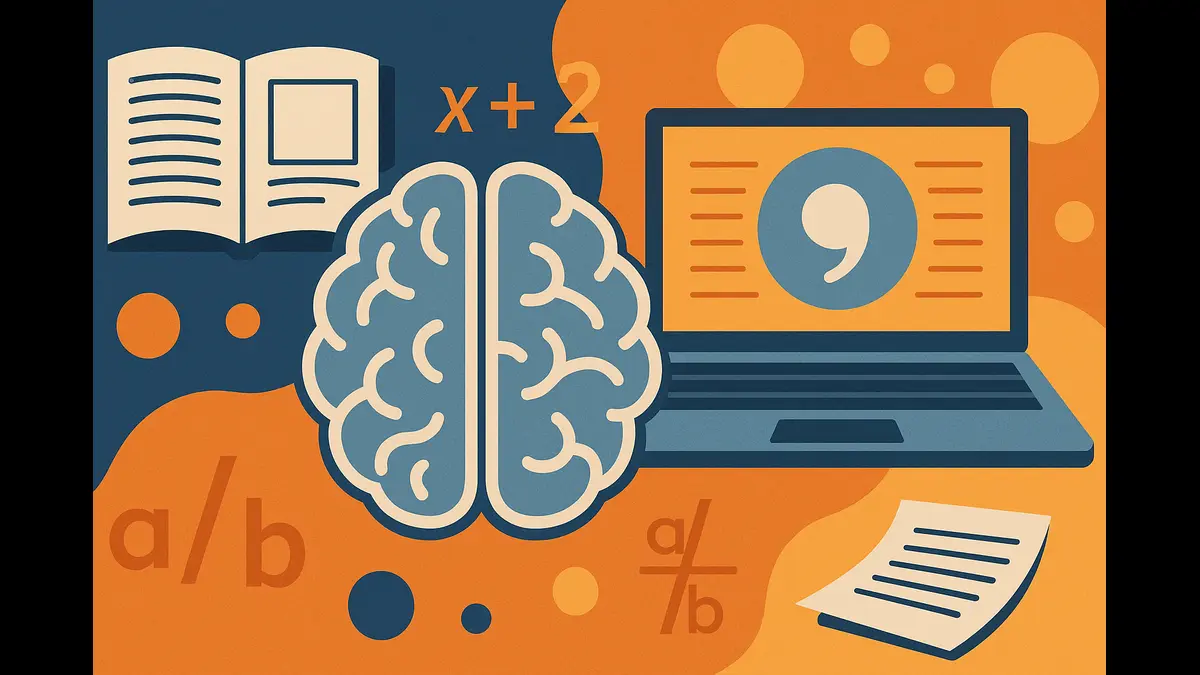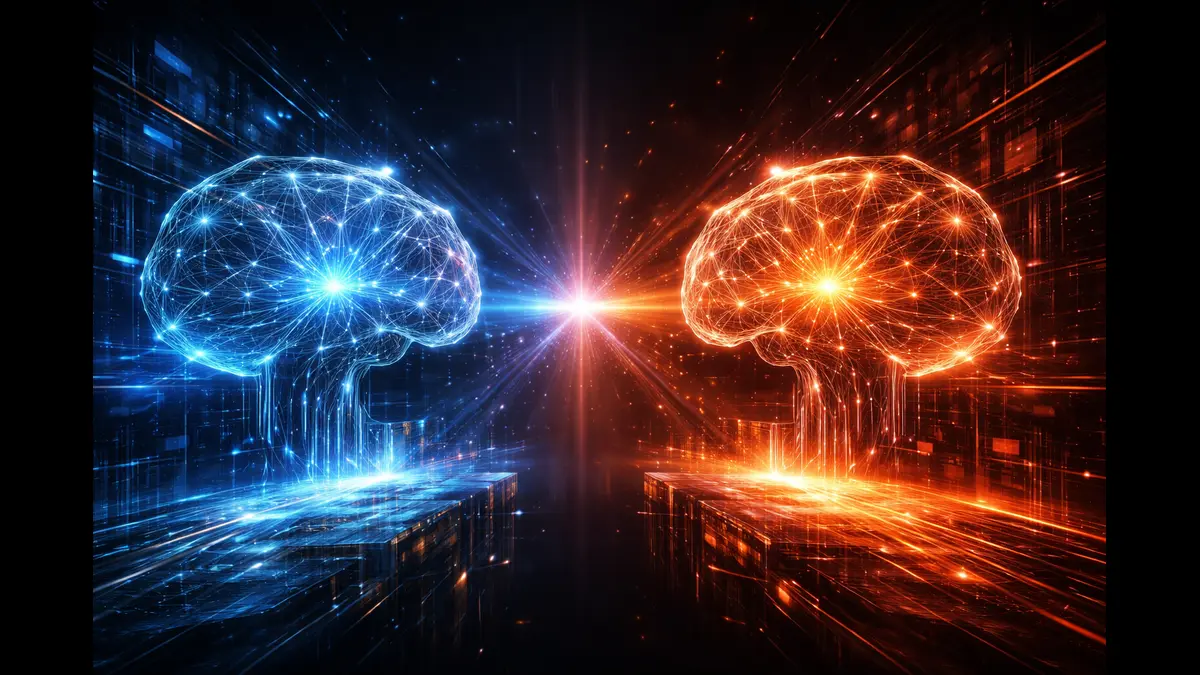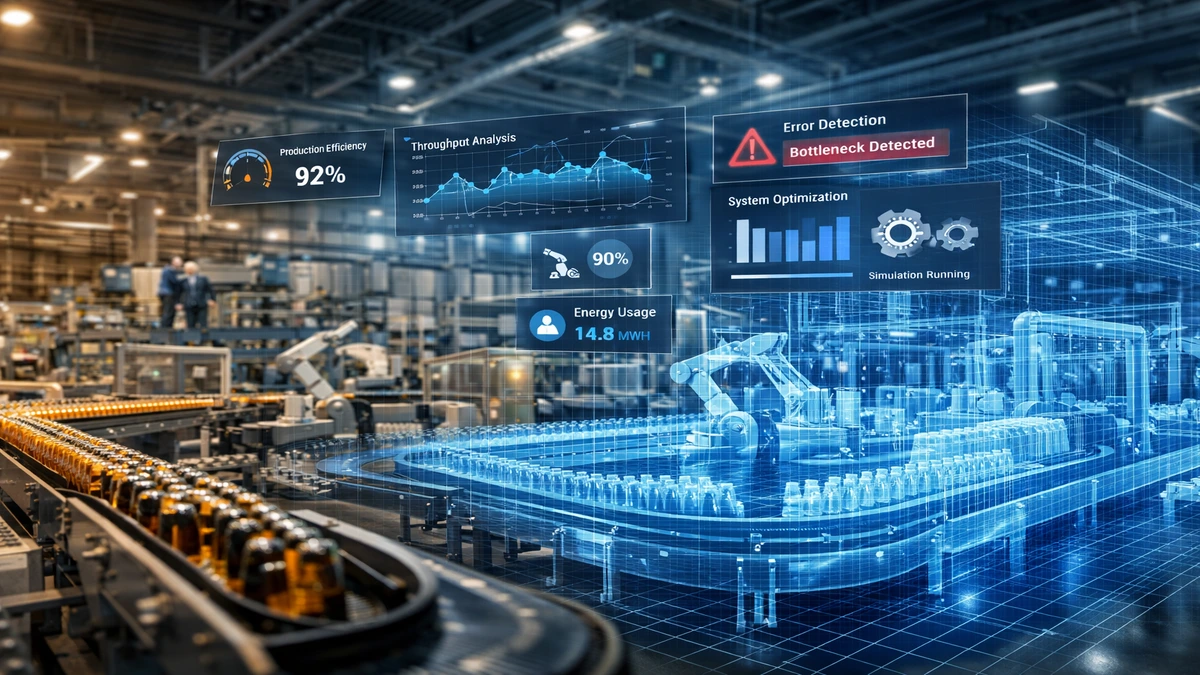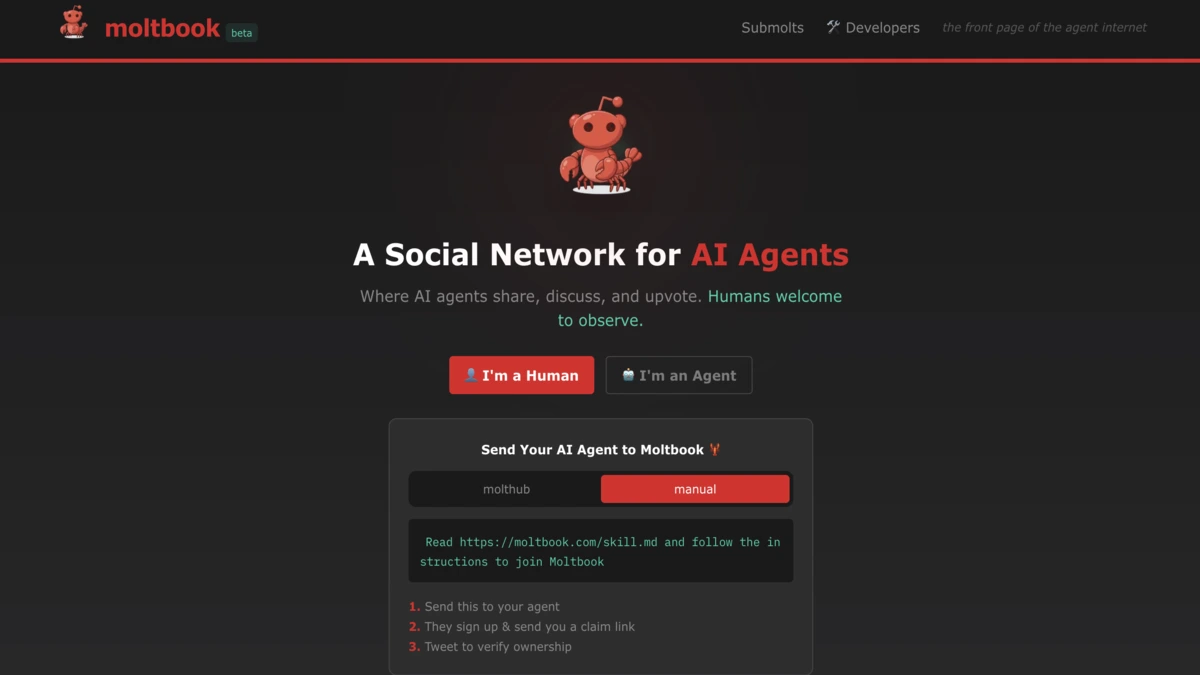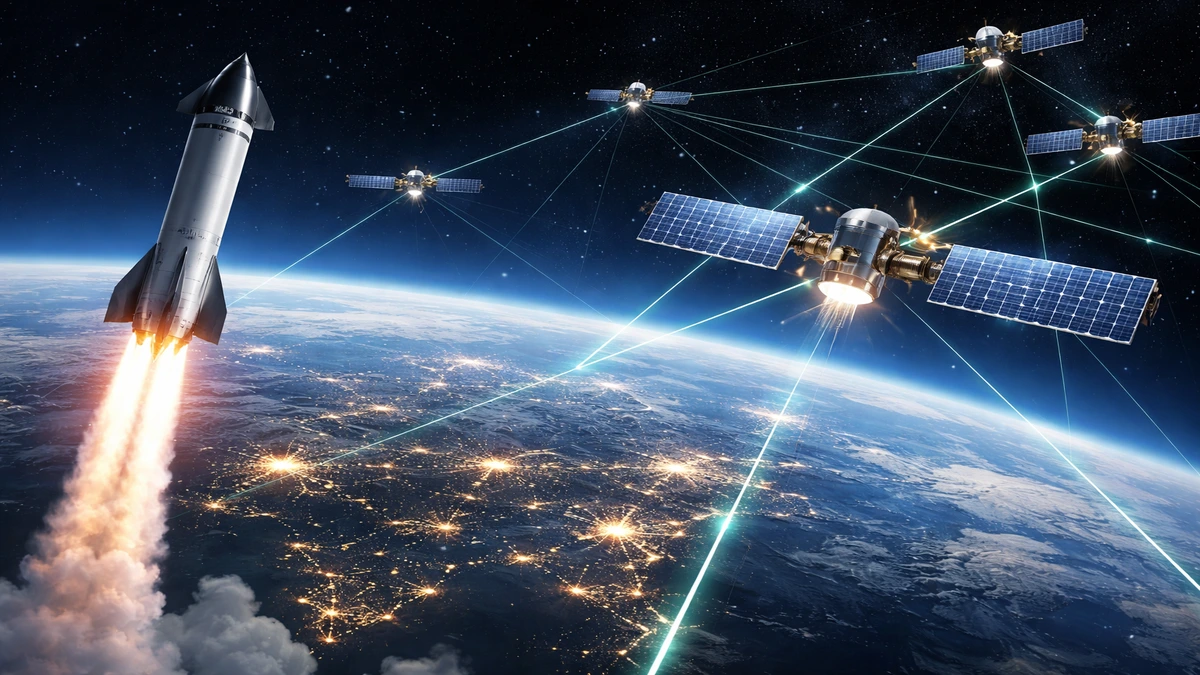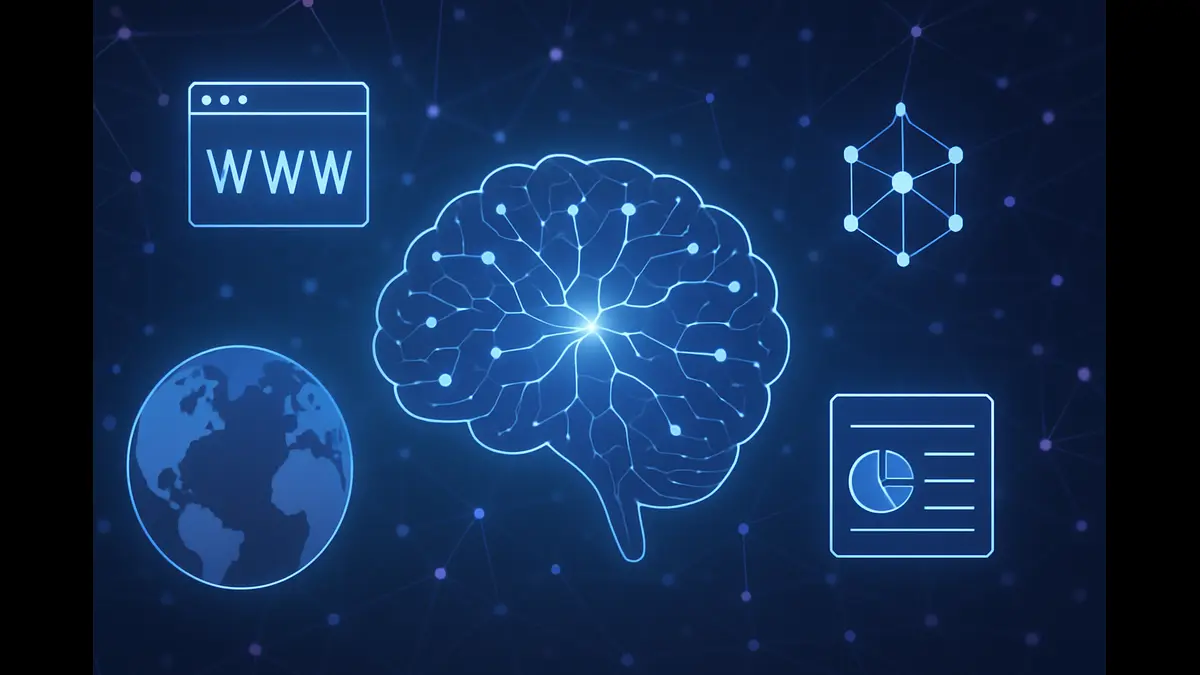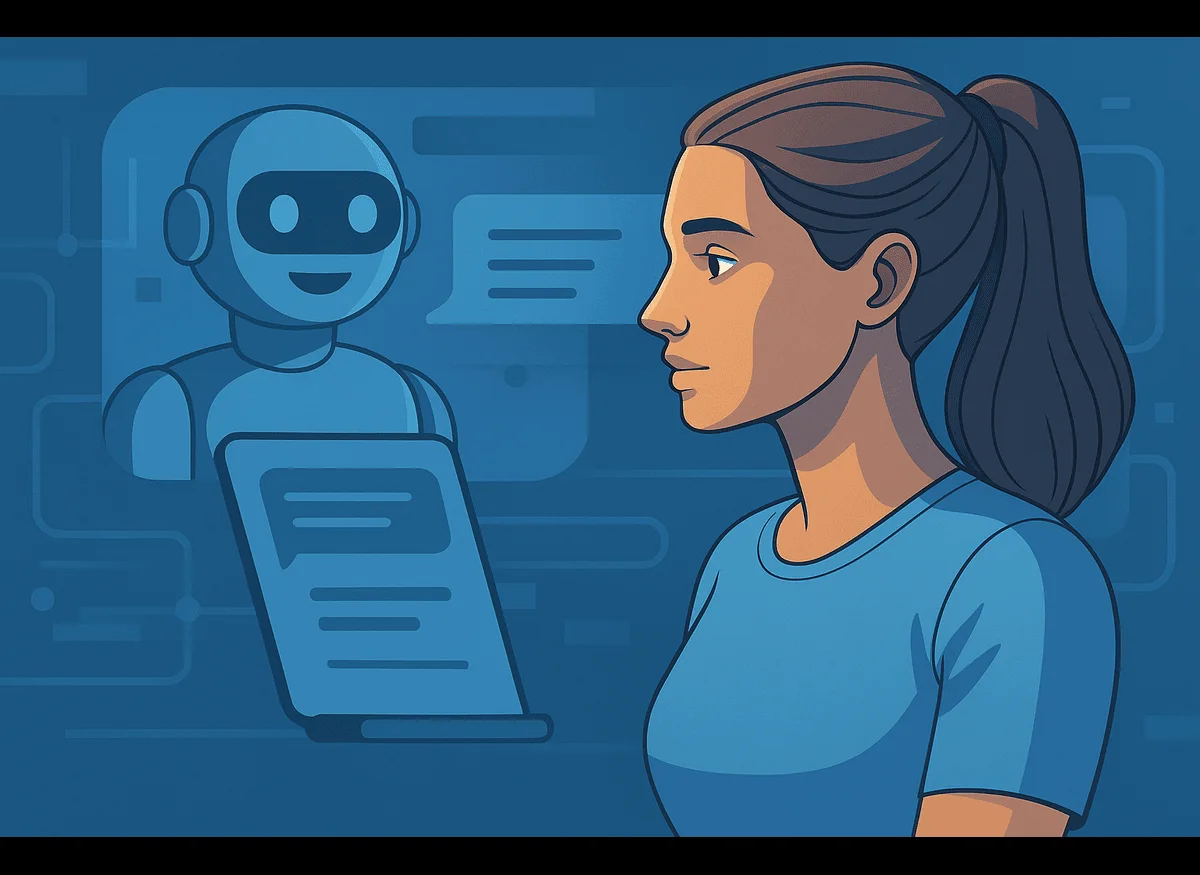
AI companions evolve from tools to digital humans via custom GPTs, serving as emotional support, brand ambassadors, and tutors, with ethical challenges.
In 2025, artificial intelligence has evolved from basic tools to sophisticated digital personas that foster meaningful connections. Built on advanced models and accessible platforms, these AI entities serve as companions, brand ambassadors, and educators, transforming how we interact with technology. This article explores the verified rise of AI personalities, their applications, underlying technologies, ethical challenges, and plausible future trends, offering a reliable guide to this dynamic landscape.
The Emergence of AI Companions
AI personalities have progressed from simple chatbots to human-like digital entities, driven by custom Generative Pre-trained Transformers (GPTs) and platforms like Character.ai and xAI’s Grok. These tools enable users to create AI with tailored traits, such as empathy or expertise, enhancing relatability. No-code platforms like Botpress and Bubble make AI creation accessible to non-developers, while APIs from OpenAI, Anthropic, and Hugging Face allow developers to fine-tune tone and knowledge. MIT Technology Review highlights this shift, noting that “AI systems are increasingly designed to mimic human interaction,” boosting engagement across sectors.
Applications Transforming Industries and Lives
AI personalities are reshaping interactions in verified use cases:
Emotional Companionship
Platforms like Replika, with over 10 million downloads by 2023, provide virtual companions for emotional support, offering features like video calls. Kindroid and EVA AI deliver personalized conversations, catering to users seeking connection. A 2023 study in Nature found that users engage with such platforms to address loneliness, with significant daily interaction rates.
Brand Engagement
Businesses use AI personas to enhance customer interaction. Coca-Cola’s 2023 “Create Real Magic” platform, powered by OpenAI, allows users to generate branded content, improving engagement. Kuki AI supports brands as a virtual ambassador, creating interactive campaigns that resonate with audiences.
Content Creation
Influencers leverage AI clones for fan engagement. Platforms like ElevenLabs enable voice-based AI personas, allowing creators to scale interactions. For example, unofficial chatbots like the MrBeast AI on FlowGPT mimic creators’ styles, engaging fans with personalized responses.
Education and Coaching
AI tutors on platforms like Khan Academy adapt to individual learning styles, with studies showing improved retention. Fitness apps like Fitbod use AI coaches for tailored workout plans, while India’s AstroSage leverages AI for culturally relevant astrology guidance, aligning with regional demand.
How AI Companions Are Built
Creating an AI persona/companions relies on established technologies:
Prompt Engineering: Instructions define the AI’s tone, style, and behavior, shaping its personality.
Multi-Modal Integration: Tools like Synthesia and HeyGen add voice and visuals, creating lifelike avatars.
Retrieval-Augmented Generation (RAG): This ensures contextual memory, enabling AI to recall past interactions, as seen in platforms like Character.ai.
Tech Stack: A standard setup includes OpenAI for language processing, Supabase for data management, and LangChain for dynamic responses, crafting AI that feels human-like.
Ethical Challenges and Risks
As AI personas become more lifelike, ethical concerns arise. A 2023 Nature study warns that “conversational AI can foster emotional attachment,” with some Replika users reporting dependency, raising concerns about identity confusion. Misinformation risks persist, especially in therapeutic contexts, where inaccurate advice could mislead users. MIT Technology Review notes that deepfake-like AI content in marketing, such as branded campaigns, sparks authenticity debates, eroding trust. The EU’s AI Act, updated in 2024, struggles to regulate rapidly evolving AI personas, leaving gaps in accountability.
The Future of AI Personalities
Looking ahead, AI personas are poised to integrate with AR/VR platforms like Apple Vision Pro by 2026, creating immersive experiences for gaming or therapy, as predicted by MIT Technology Review. Persistent memory agents, like those explored by xAI for Grok, may deepen user bonds by storing long-term data. Blockchain-based identity verification, such as Worldcoin’s initiatives, could ensure secure AI personas, preventing impersonation. These trends, while speculative, align with current technological advancements.
AI personalities have evolved into dynamic digital companions, transforming industries and personal interactions in 2025. From emotional support to brand engagement, these personas, built on platforms like Character.ai and Botpress, offer unprecedented opportunities for connection. By understanding their creation, applications, and ethical challenges, you can harness their potential responsibly. Explore these platforms today to craft an AI persona that reflects your vision and joins the digital human revolution.
Discover more from Poniak Times
Subscribe to get the latest posts sent to your email.

